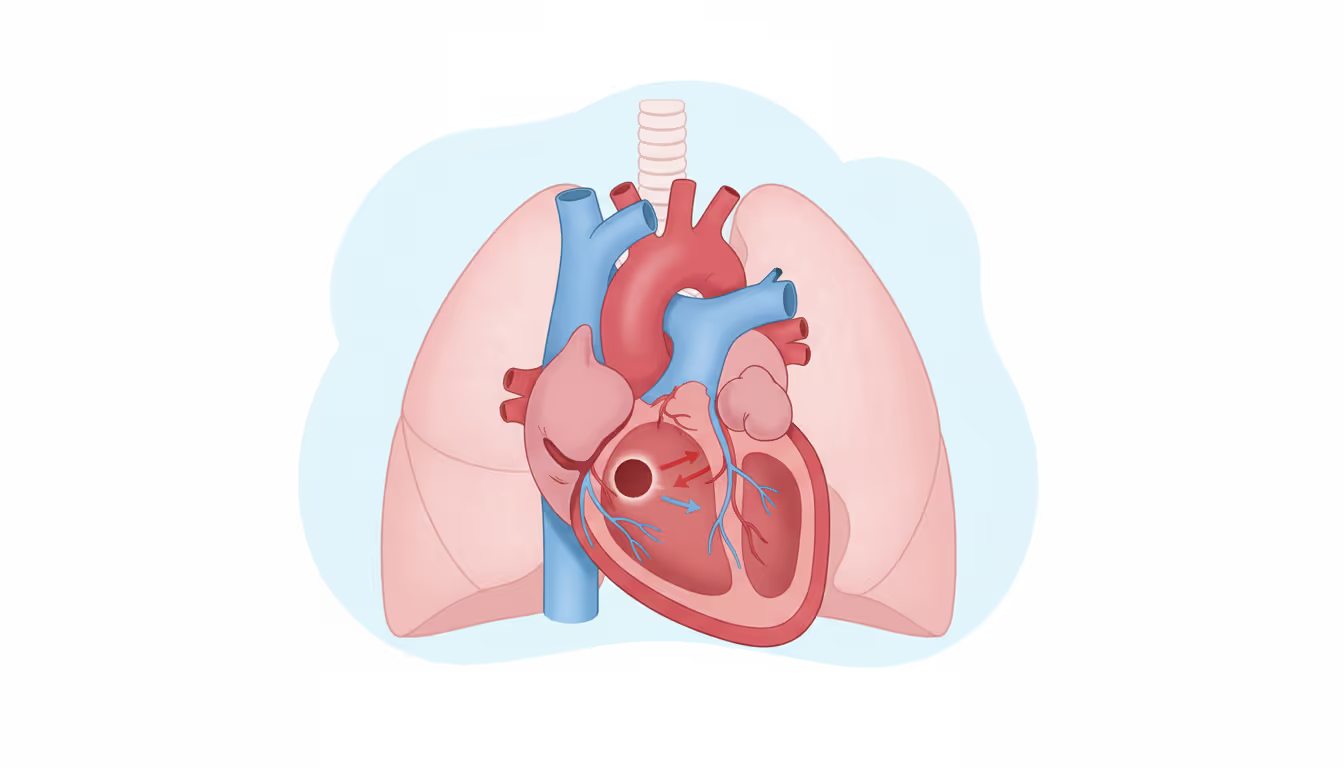
Birth defects are abnormalities found in babies at birth, regardless of whether they stem from genetic causes or other non-genetic factors. Such defects can affect a variety of organs, including the brain, heart, liver, bones, and intestines. They can arise from genetic inheritance, exposure to toxic substances like alcohol during pregnancy, birth injuries, or sometimes due to unknown factors. All parents, regardless of age, race, income, or location, face the possibility of having a child with a birth defect.In the United States and many other developed countries, medically significant birth defects occur in about 2% to 3% of newborns. These can include conditions like heart defects, cleft lips, Down syndrome, spina bifida, and limb abnormalities. Birth defects have become the leading cause of infant mortality in the U.S. and other developed nations, contributing to the deaths of one in every five infants.The impact of a birth defect on a child varies widely, depending significantly on the defect's severity and the presence of any additional medical issues. Parents are advised to speak with their child’s doctor to understand how the specific defect affects their child's health. Birth defects can also be referred to as anomalies or malformations.




